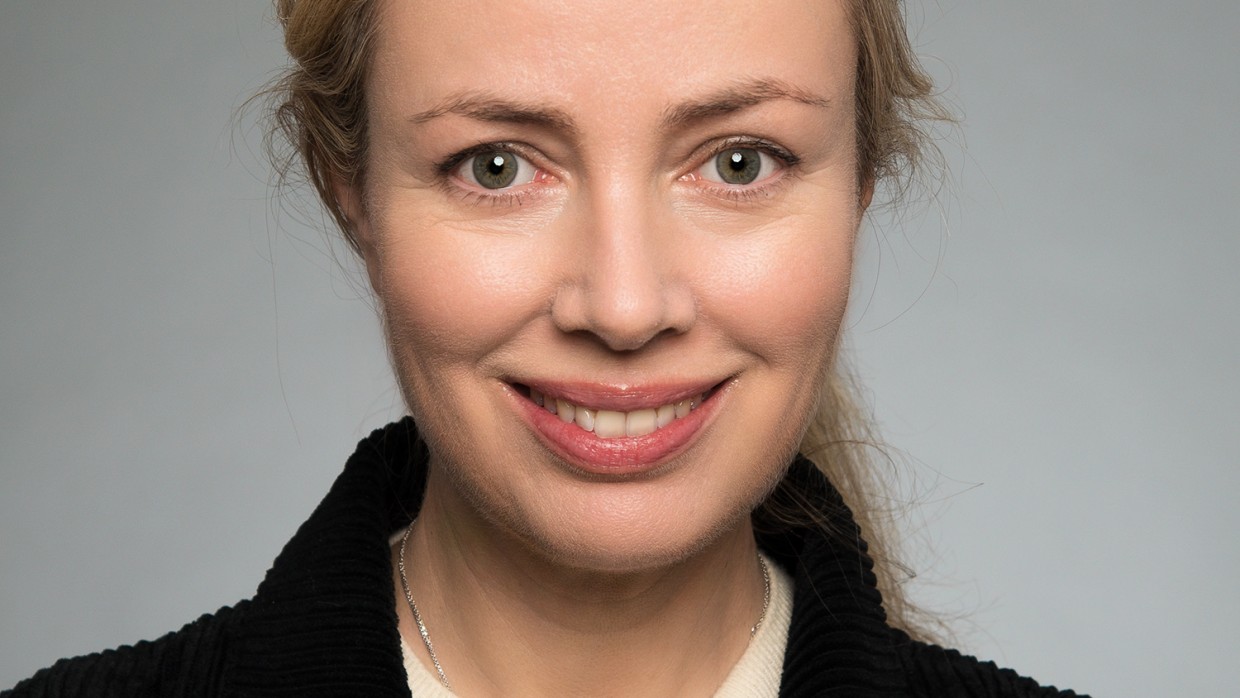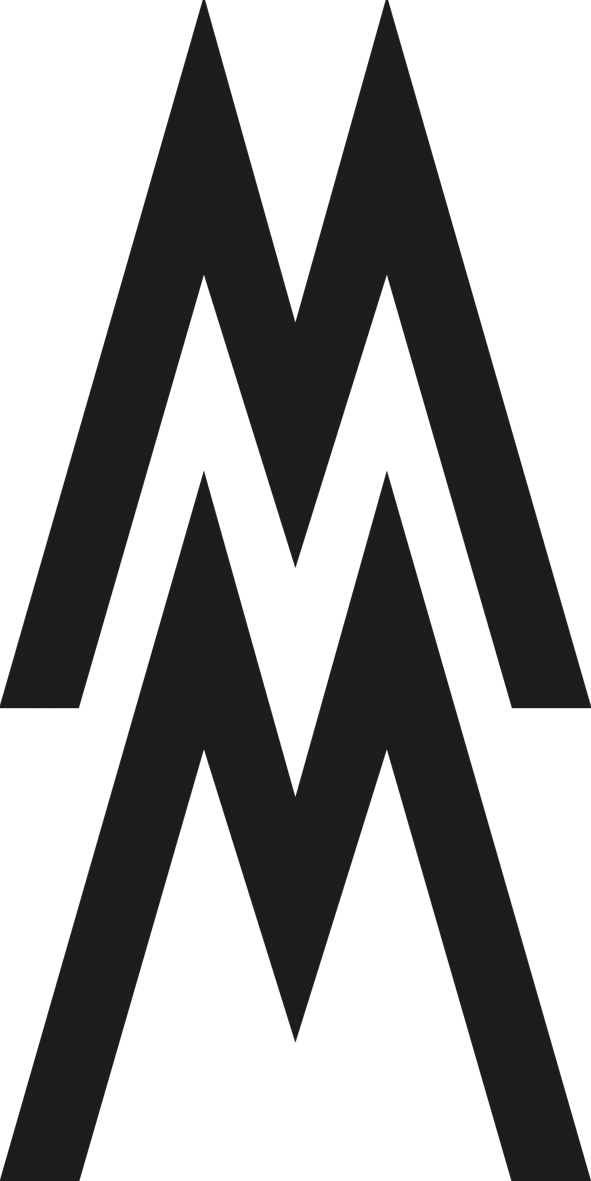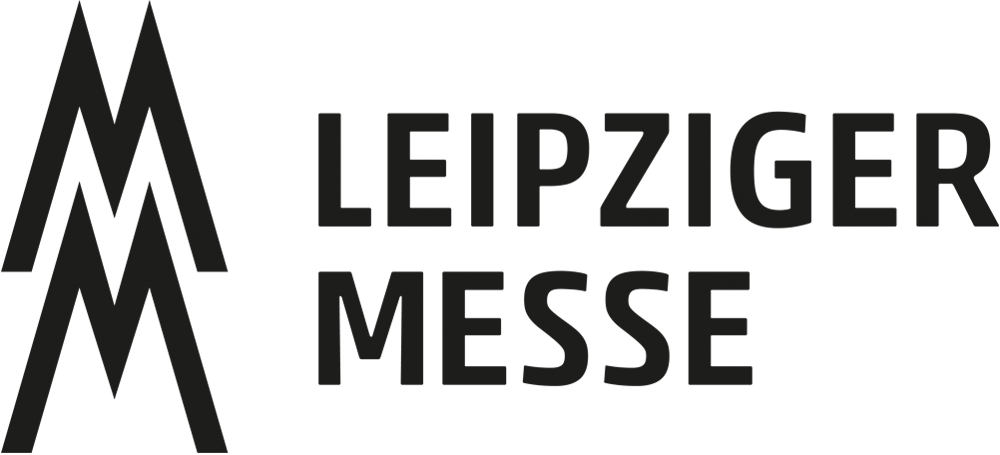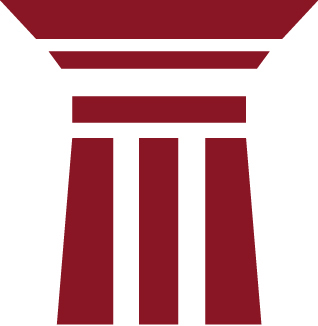News
News
Interview with ICOM - “Museums have no borders, they have a network”
ICOM Germany is the German National Committee of the International Council of Museums ICOM and, with more than 7,500 members, the largest organization of museums and museum professionals in Germany. For the second time, ICOM Germany is organizing a thematic block at MUTEC. We spoke to Managing Director Anastasia Ziegler about the key topics for 2024 and the current challenges in the museum landscape.
What expectations do you have for your participation in MUTEC this year? Or to put it another way, what needs to happen for your visit to the trade fair to be a success in retrospect?
ICOM Germany is present at MUTEC in a variety of ways: with our contributions in the forum, information and personal advice at the stand and various networking events around MUTEC, we want to provide impetus, present best practices in museum work, intensify professional exchange and strengthen the perception of ICOM as an open, democratic network.
A central aspect of our work is supporting the next generation of museum professionals. We enable our student members to take part in the trade fair here in Leipzig by providing travel grants. This gives them the opportunity to make valuable contacts with experts and like-minded people, for example to further develop their professional network or to become actively involved in the diverse museum landscape. Looking back, we are particularly pleased that so many young members took advantage of our offer.
On Thursday, November 7, you will be presenting a block of topics in the MUTEC specialist program. What will you be focusing on there?
Under the title “Museums of the Future: Developing Strength out of Crisis”, we would like to look at the useful aspects of crises. We want to highlight strategies that enable museums to learn from challenges and emerge stronger from them. We will present international projects that deal with the protection of cultural assets, the strengthening of resilience and the realization of sustainability goals. These include the national emergency networks, the ICOM4Ukraine initiative and the project to develop Museum Development Goals.
Your general meeting will also take place at MUTEC. What are the current challenges facing the museum landscape?
Nationally and internationally, museums are facing the same complex and diverse challenges as other social actors. In the face of climate change, for example, it is important to implement sustainable practices. This concerns both the buildings and processes of museums as well as the way in which they present topics and their collections. In crisis situations - whether due to conflicts or natural disasters - museums face the challenge of protecting cultural assets and ensuring their preservation. Another major issue continues to be the digital transformation. Many museums are working on making their collections and exhibitions digitally accessible in order to reach a wider audience and create interactive experiences.
Digitalization is making the world feel smaller and smaller. How do museums deal with increasing globalization?
“Museums have no borders, they have a network” is ICOM's mission statement. Sharing knowledge and resources is crucial in order to tackle the current challenges together. Museums around the world are strengthening their cooperation across national borders. The ICOM museum definition is a central point of reference for their work. It provides a clear guideline for the tasks and functions of museums and also emphasizes their social responsibility. Museums should counteract the exclusion or oppression of other people and thus contribute to a diverse, just society. In an increasingly polarized world, museums are particularly challenged to participate in social discourse and create spaces for dialogue and reflection. It is important to recognize that museum work is not politically neutral; it has the potential to address and shape political and social issues.




